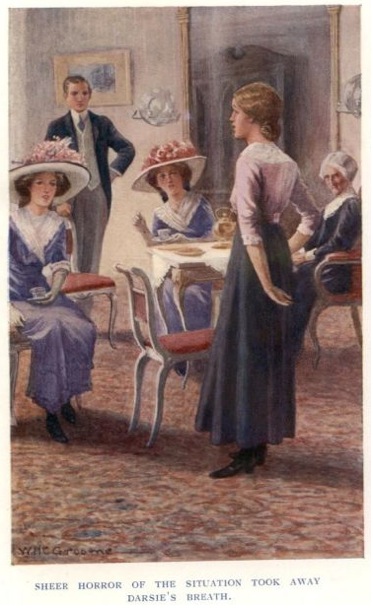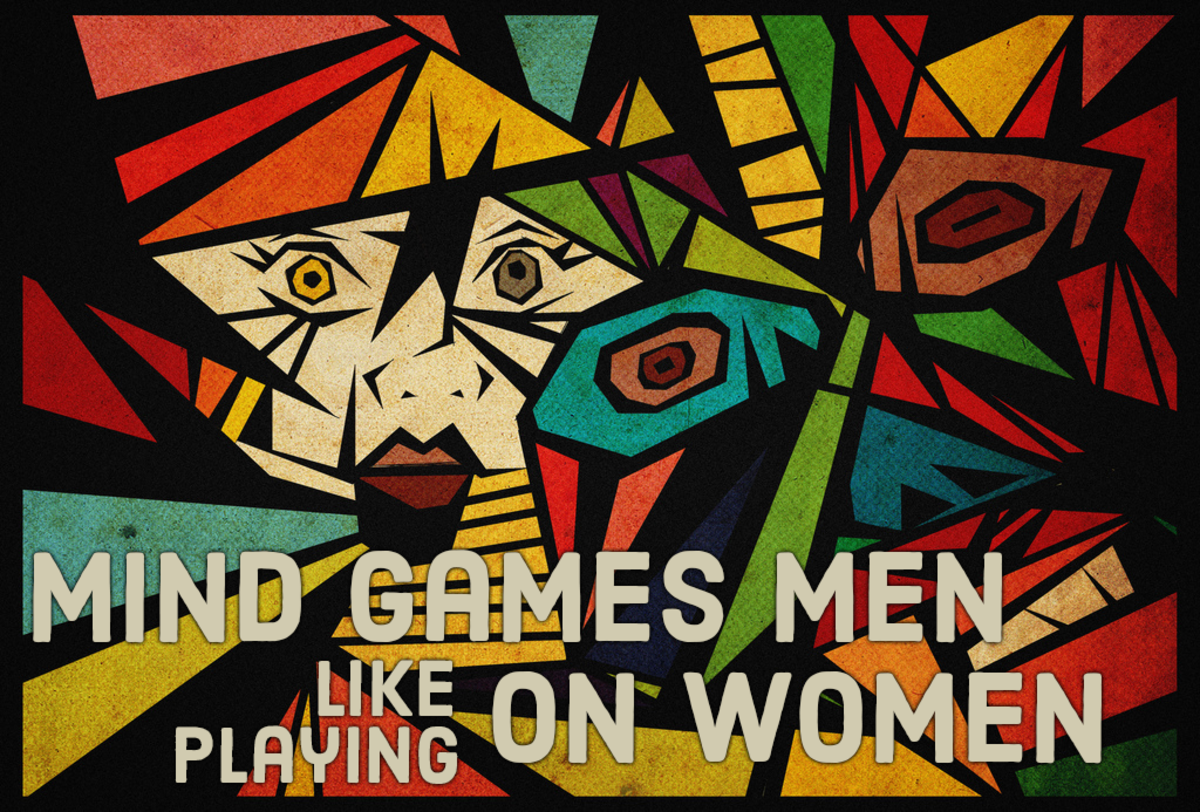A New Way to Look at Marriage and Being Single

I recently had the chance to see two authors: Hannah Rosin and Kate Bolick, speak about their articles published in The Atlantic on the topic of marriage. Rosin's The End of Men, and Bolick's All the Single Ladies, look at the rise in women's economic power and the resulting decrease in the importance of marriage. But more controversially than that, their articles also talk about the "decline of men."
In 2010, the US Census Bureau found that half of American adults were single. And we're stressing out about it!
Neither Rosin nor Bolick can you peg as being a bitter, unmarried, aging woman. Their articles are highly academic, and well researched. They look at women in different cultures and of different ages. The women expose their personal lives as well: Rosin is a happily married woman of many years, Bolick has dated "more men that she can count." And as one male friend quipped, looking over my shoulder at Bolick's face on the cover of The Atlantic: "Wow, I'd tap that!" Bolick is model-worthy pretty.
Though both articles had similar messages, Bolick's made the bigger impression on my immediate circle of acquaintances. Perhaps because it came later when the message was gaining momentum, or perhaps because she used herself as an intimate subject to analyze, giving us a protagonist. My single friends and I sympathized with her: she's smart, good looking, witty...so what's going wrong?? Why isn't she (why aren't we!) married - or at least in a steady relationship?

A Rise and Decline in Economic Power
Bolick's research affirms that while women are rising the ranks in power and financial independence, men are declining. Rosin's research pointed to the fact that currently for every two men who graduate college in the US, three women will graduate, and women now make up the majority of the workforce.
The economic disparity has
"disrupted the “romantic market” in ways that narrow a marriage-minded woman’s options: increasingly, her choice is between deadbeats (whose numbers are rising) and playboys (whose power is growing)."
In the live interview I attended, Bolick shared that this description she had written on the status of men sparked a lot of anger and hate mail from men telling her how not deadbeat they were.
Essentially the 'middle class' of marriageable men is disappearing. And without the need for economic security, why should women jump into less than ideal marriage situations?
Sexual Liberation and the Hook Up Culture
In my own experience, I have heard my friends complain more times than I can count: "I'm so sick of these wussy men!" (Of course, these are the same women who when they go abroad complain about the machismo of men in other cultures.)
The thought behind our complaining is that back in the good old days, men weren't afraid to ask women out on dates, to take charge, give you their coat, show their interest, etc...and that men just don't do all that anymore. Maybe we should prescribe ourselves this reading: He's Just Not That Into You, before we go making sweeping statements on the societal state of men. But I will stubbornly defend our claim that even after a man expresses his interest, he has difficulty "following up."
In her article, Kate Bolick talks with a group of women college students. All are eager to find true relationships, and have goals to get married by their late 20s. But all are stressed about the "hook up" culture of our age, that is so magnified in college settings. Women who sleep around are still labeled as "sluts," whereas men still manage to pull their promiscuity off as an achievement, and we (both men and women) bemusedly shake our heads as if to say "boys will be boys!"
This hook up culture is making it harder to form actual relationships, the girls said. When a relationship is not a prerequisite for sex, the motivation for tying the knot or "making things official" is lowered. Both for men and women, but primarily, Bolick's college interviewees said, for men.

So without fears of economic uncertainty pushing women into marriage, and sex pulling men into it, what's left? A Disney-inspired vision of the perfect life partner who will fulfill your every emotional need?
A New Way to Look at Marriage
What I like most about Kate Bolick's article, is how she presents a new, positive suggestion for this upending of relationship realities. We shouldn't "settle" for less than what will make us happy, for the sake of being married. Why not become comfortable with being single? Why should we still tear ourselves up over seeing marriage as the end goal?
To Bolick's push for appreciating singledom, I would add that perhaps we need to ease the pressure off on what marriage means. A 34 year old friend of mine explained to me her recent decision to get married: she wanted to have children and a family, and so did he. She didn't need the Hollywood passionate romance. She wanted companionship, and a father with which to raise her children - two things that she knew would make her happier than her current singledom. These are legitimate things that marriage can provide.
I also see parallels between the decline of marriage and the decline of the 'career.' Fewer people are sticking with one job, one field, one company their whole lives. I look at my parents and wonder why I'm not like them: they were much more job secure in their 20s.
Societal pressures haven't caught up with the reality yet: we still ask ourselves "what's wrong?" when we aren't settled on one job or one person. But perhaps these days we need to be a little more creative in our ideas of self-identity. We can't tie our self-image to one person or one job title.
As Bolick says about her own singledom: "If I stopped seeing my present life as provisional, perhaps I’d be a little … happier. Perhaps I could actually get down to the business of what it means to be a real single woman."



